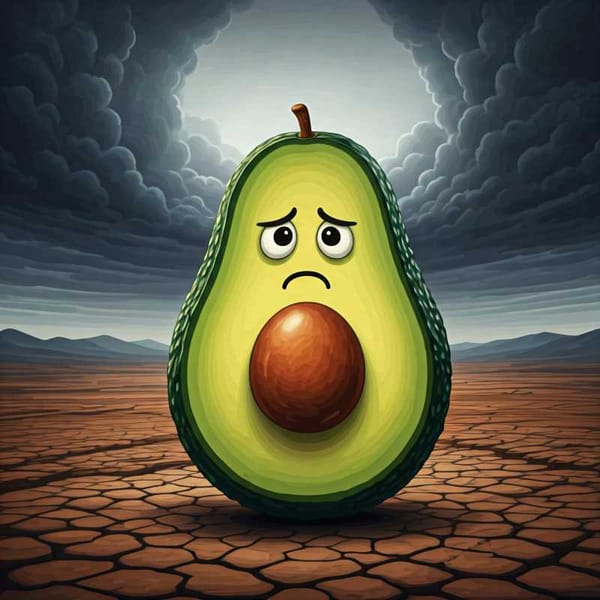Democracy's Polarization, Populism, and Post-Truth
Democracy faces unprecedented threats globally, warns Daniel Zovatto. Polarization, populism, and post-truth dynamics challenge even consolidated democracies. Latin America, in a chiaroscuro scenario, requires innovation and commitment to navigate this critical crossroads.

In an era characterized by growing polarization, the proliferation of fake news, and the resurgence of illiberal populism, democracy globally and regionally faces unprecedented threats. Daniel Zovatto, regional director of the International Institute for Democracy and Electoral Assistance (International IDEA) for Latin America and the Caribbean, delivered a thought-provoking keynote lecture on Democracy and Elections in Latin America. Zovatto lecture shed light on the complex challenges democracy confronts today.
Zovatto emphasized that the contemporary threats to democracy differ significantly from those of the past. Traditional coups d'état have given way to a new form of authoritarianism, one that exploits competitive elections to gain power and subsequently undermines democracy from within. This erosion of democratic values is not confined to emerging democracies; even long-consolidated democracies face challenges, as evidenced by events such as the assault on the U.S. Capitol in 2021 and the rise of populist leaders in some European countries.




